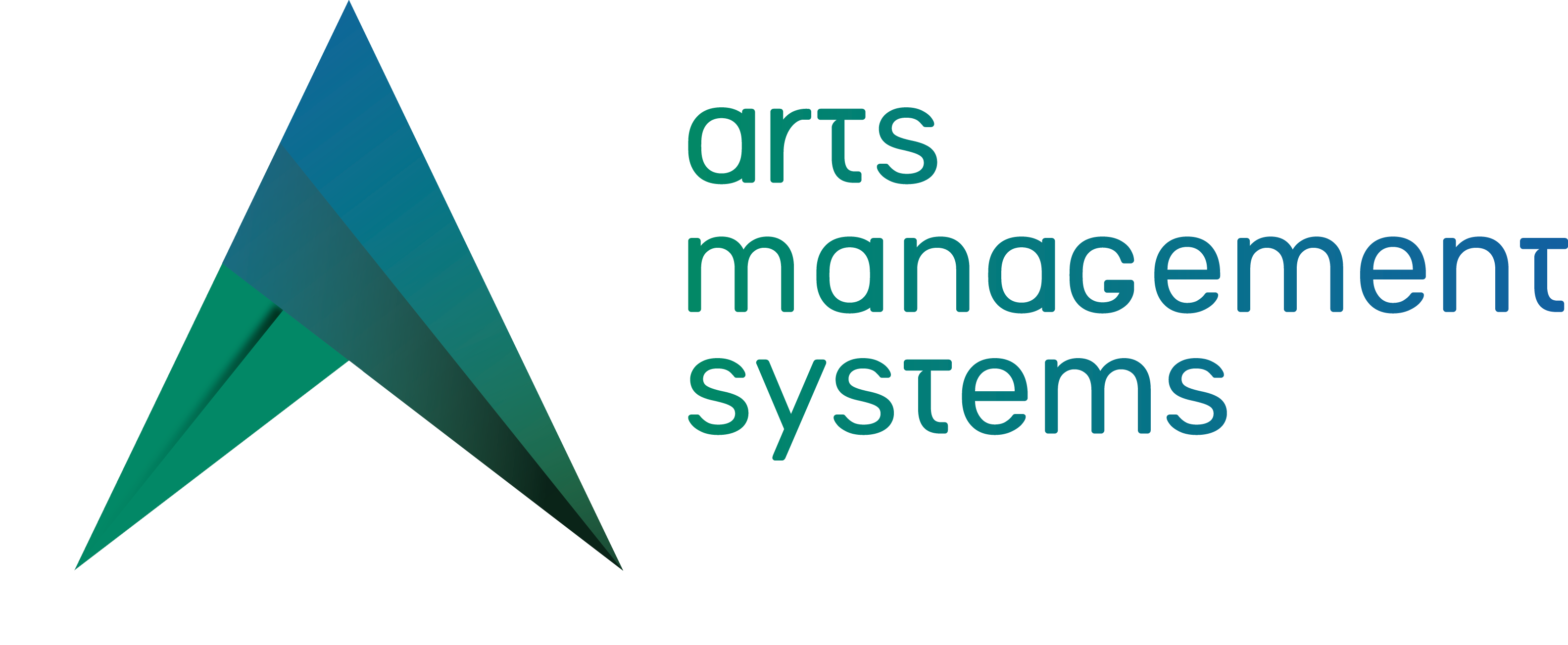Although we are pleased with Theatre Manager, there is one thing about it that hasn’t worked well. After repeated attempts to use our ticket scanners at the door, we have had to face the fact that we cannot use them effectively.
We bought the APTO 3-Scanner Package primarily to speed up entry into our auditorium. This would also enable us to easily identify when someone came to the wrong performance, send out post-show surveys only to those who attended, contact those who didn’t attend if we wish to offer them an exchange, etc. However, the main goal was speed and the scanners have slowed us down. This is because of the layout of our building and our use of volunteers.
We are in an old church where everyone except those who will use the elevator must go up the same steps to reach the ticket-taker. With 275 seats, that’s a lot of people to funnel through a narrow area in a half hour and we have to move quickly. But we are a volunteer organization with different ticket-takers for each performance – often taking tickets for the first time. Since many of them have little knowledge of technology, they are quite slow with the scanners, often locking them up by accidentally touching the wrong part of the screen. Some are so nervous that they clench up on the handle, thus preventing it from scanning anything. We had hoped we could provide adequate training but there are just too many different volunteers to train and too many last-minute substitutes at the door. We tried tearing the stubs of the rip tickets and only scanning those printed at home or shone on a screen but that was also slower than the old-fashioned way. If we had a large lobby with several entrances, each to a different section, we might have been able to make this work but it just hasn’t worked out.
I don’t offer this comment as a complaint but merely as information others may wish to consider before buying scanners. They work for many theatres but not for us.
